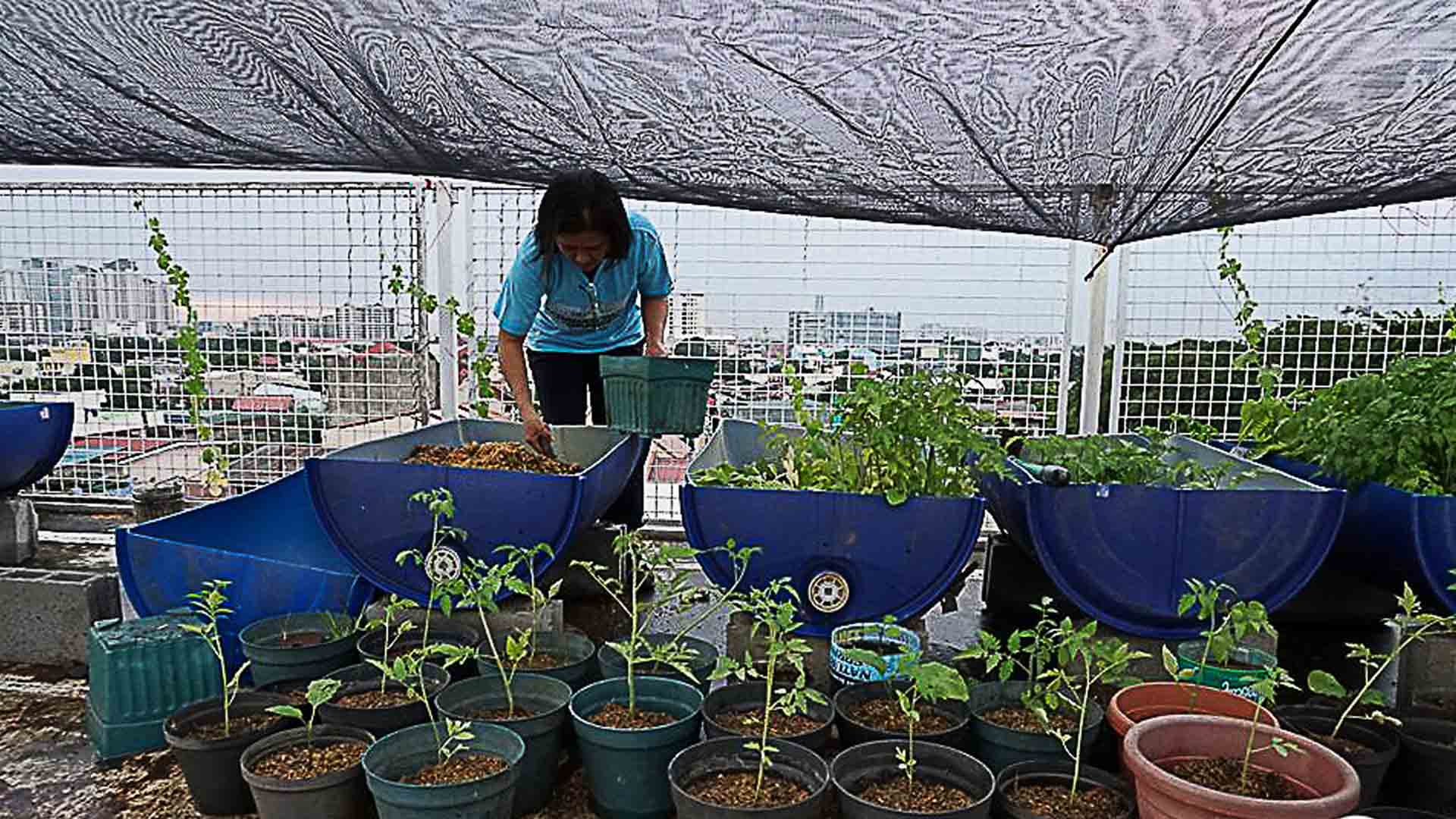It has been nine months since the Philippines has declared a State of Public Health Emergency because of the Corona Virus Disease (Covid-19) Pandemic. With the quarantine being implemented since March, the public has been required to stay at home with limited access and market schedules. Various types of community quarantines remain imposed on selected provinces in the Visayas and Mindanao provinces as the coronavirus could spread from hundreds to more than a thousand cases in a few weeks.
During this time of confinement and economic halt, many Filipinos are confronted with issues regarding their family’s food sufficiency, as many have either made less or totally lost their daily wage. Despite multiple efforts from various public and private agencies, many Filipino families are left faced with compromised food sufficiency at this critical time.

A majority of the food packs distributed during the earlier phase of community quarantine were canned and preserved goods which need to be supplemented with vegetables and fruits to satisfy healthy dietary needs.
A smart farming solution
Smart Gardening or bio-intensive gardening is a farming solution that uses a natural way in growing vegetables and fruits in private lands or backyards. It uses natural techniques in improving the soil quality. Unlike conventional farming, it utilizes a small space, composting, companion planting, and promotes natural fertilizer and insecticides from fermented plant juice.

The deeper penetration under the ground allows roots to absorb more nutrients and increase yield of produce. Research shows that bio-intensive farms use up to 75% less land, 50-100% less fertilizer and almost 88% less water than conventional farming.
Years ago, environmental organization Haribon Foundation has helped teach indigent communities how to grow fruits and vegetables in their own backyards. Using Smart Gardening as a technique, these communities were able to serve nutritious food to their families.

In this time of great need, Smart Gardening would provide each Filipino family the opportunity to produce or augment their food supply in the most natural way. It can easily be adopted by impoverished communities, urban dwellers, and small-scale farmers to make the most out of their own plot of land.
Using Smart Gardening, it is possible for Filipino families to serve nutritious food from their own garden, which is vital for boosting the immunity of every family.























